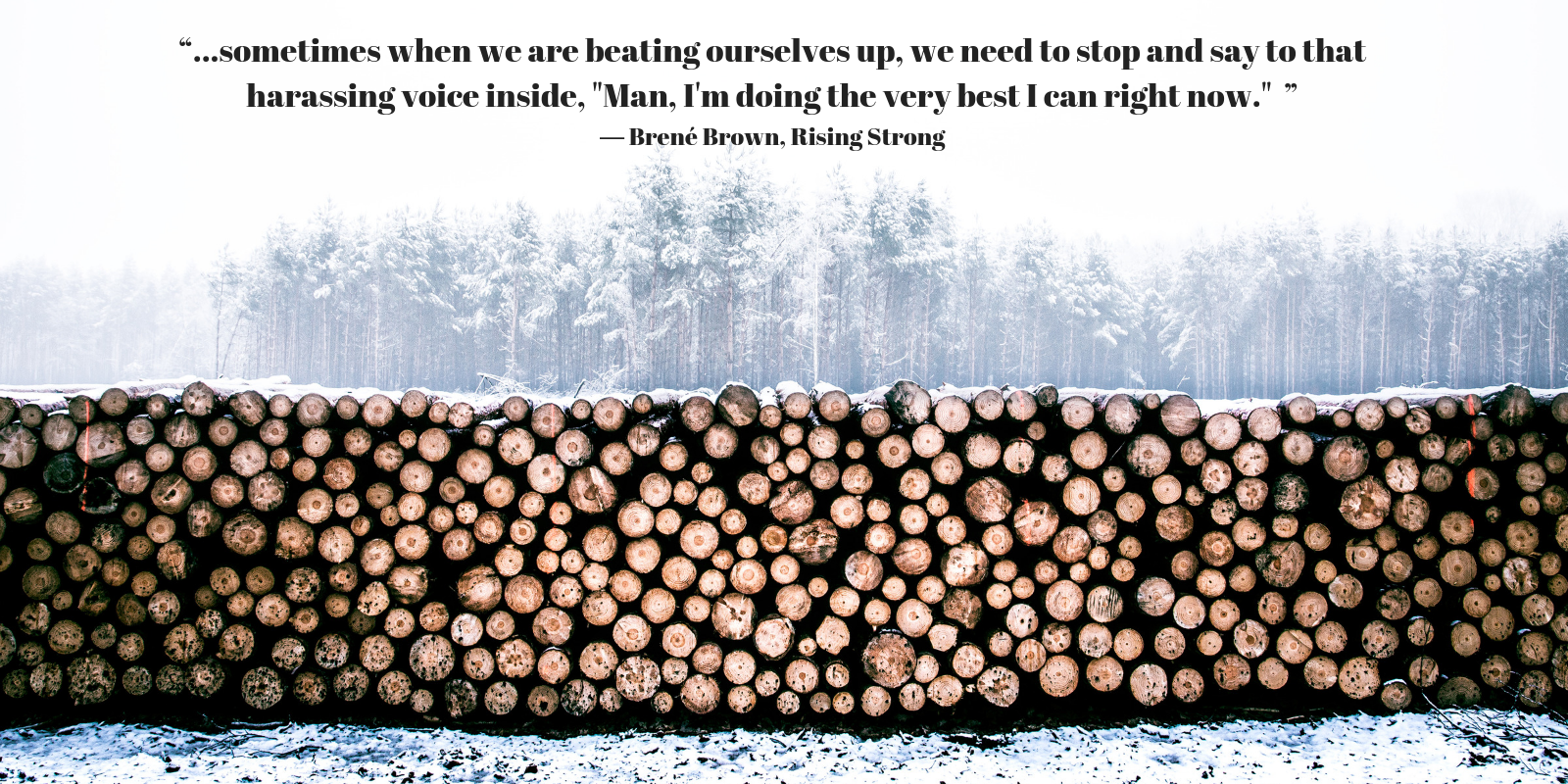Brené Brown discusses a theory in her book “Rising Strong” that all people, every day, are truly doing the best they can. It took me more than a minute to wrap my head around her narrative. In fact, I put the book down with a “Brené, you have really lost your mind on this one!” kind of attitude and spent several days trying to understand what her research had been showing and what she was trying to teach. It wasn’t until day 10 that it clicked. I don’t know how or why, but that was the day it stuck in a way that I could understand.
If we can approach people with the compassion that comes from truly embodying the thought process that everyone is doing their best, what effect is there on bullying? On criminality? Within marriages? On mental health and workplace relationships? Assuming the best in people is really hard work-it is much easier to judge someone, to dislike them, to dismiss them, especially in today’s climate of divisiveness.
I’ve spent the better parts of two months now leaving myself constantly black and blue from the battle of trying to make people happy, and a fairly constant worry that they just weren’t aware of how I am doing my best every day. So much so that it was at the expense at times of my own self-care; a HUGE “no-no” in the book I so frequently teach from in therapy. I had to go back to the book. I had to go back to the book and re-read this chapter to help myself get back in line. There is a need to be conscientious each day so that I know I have done my best, and while that seems to be a relatively easy task, I also have to assure myself that it doesn’t matter if anyone else sees it. It’s the second part of that equation that becomes the tug of war in my brain.
So before you go to bed tonight can you tell yourself “I did my very best”? Because you really did the best you could do. Can you then lean in and tell your spouse, family member or friend that they did too?
Do the very best. Know you have done the very best. Treat others as if they are doing the very best.

